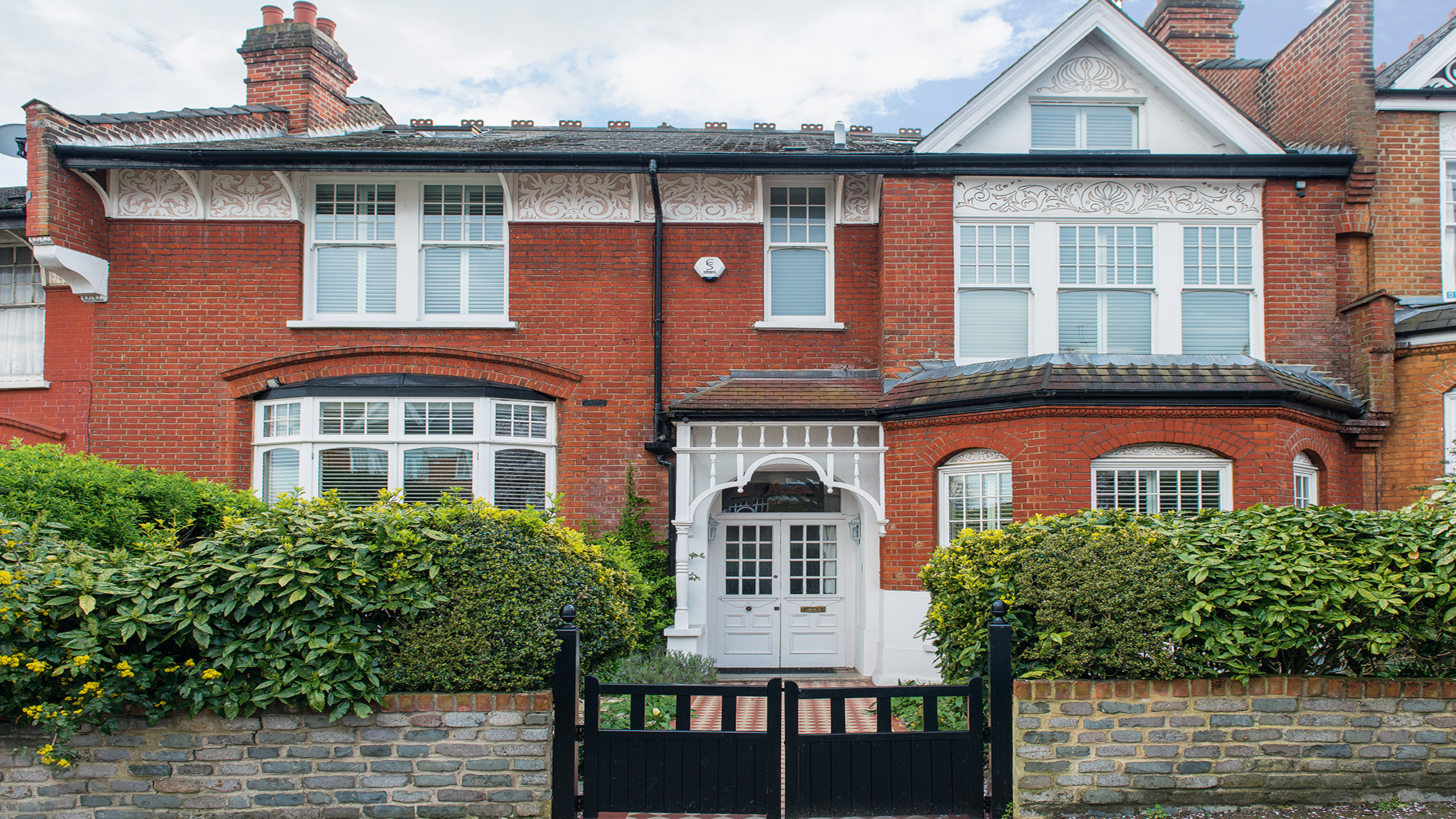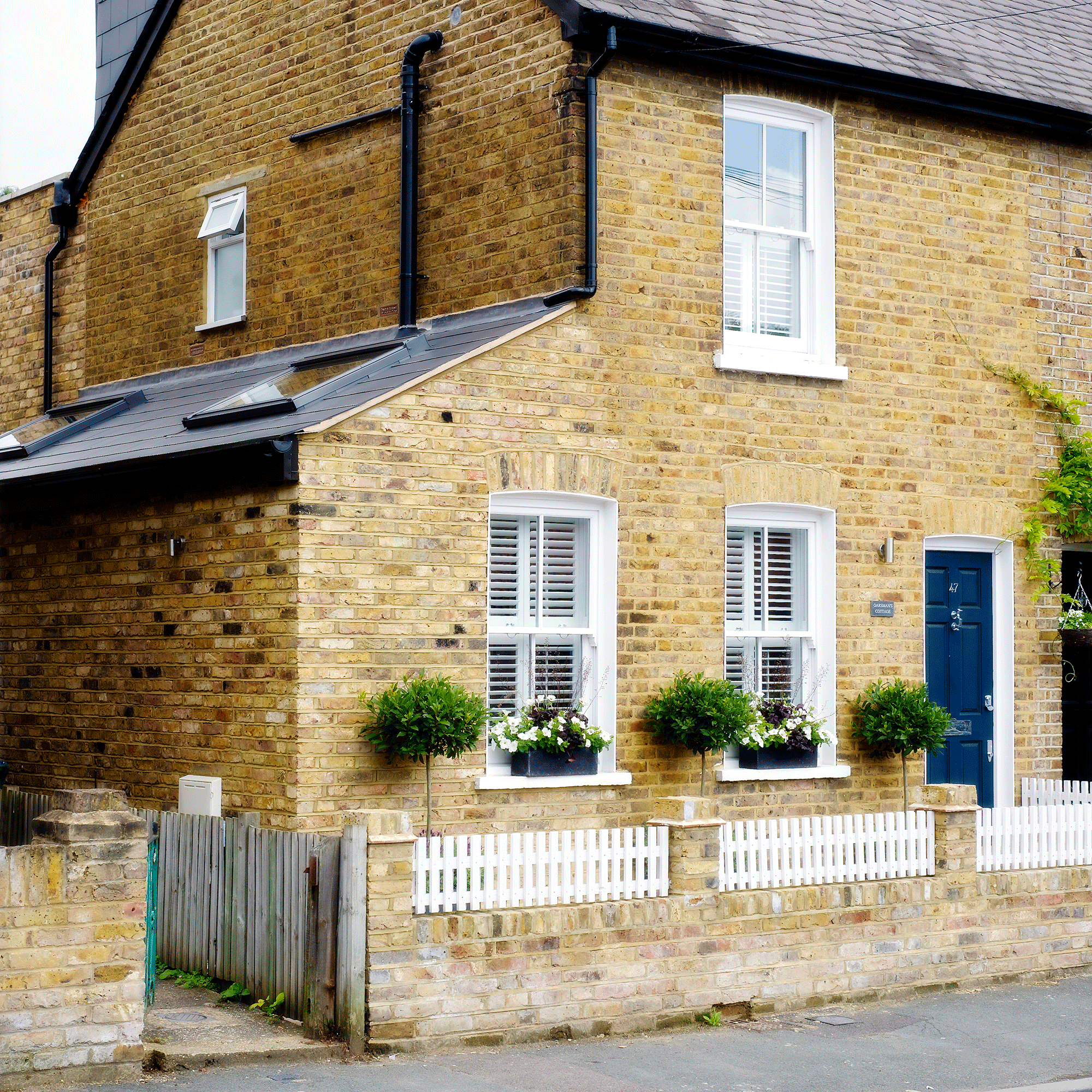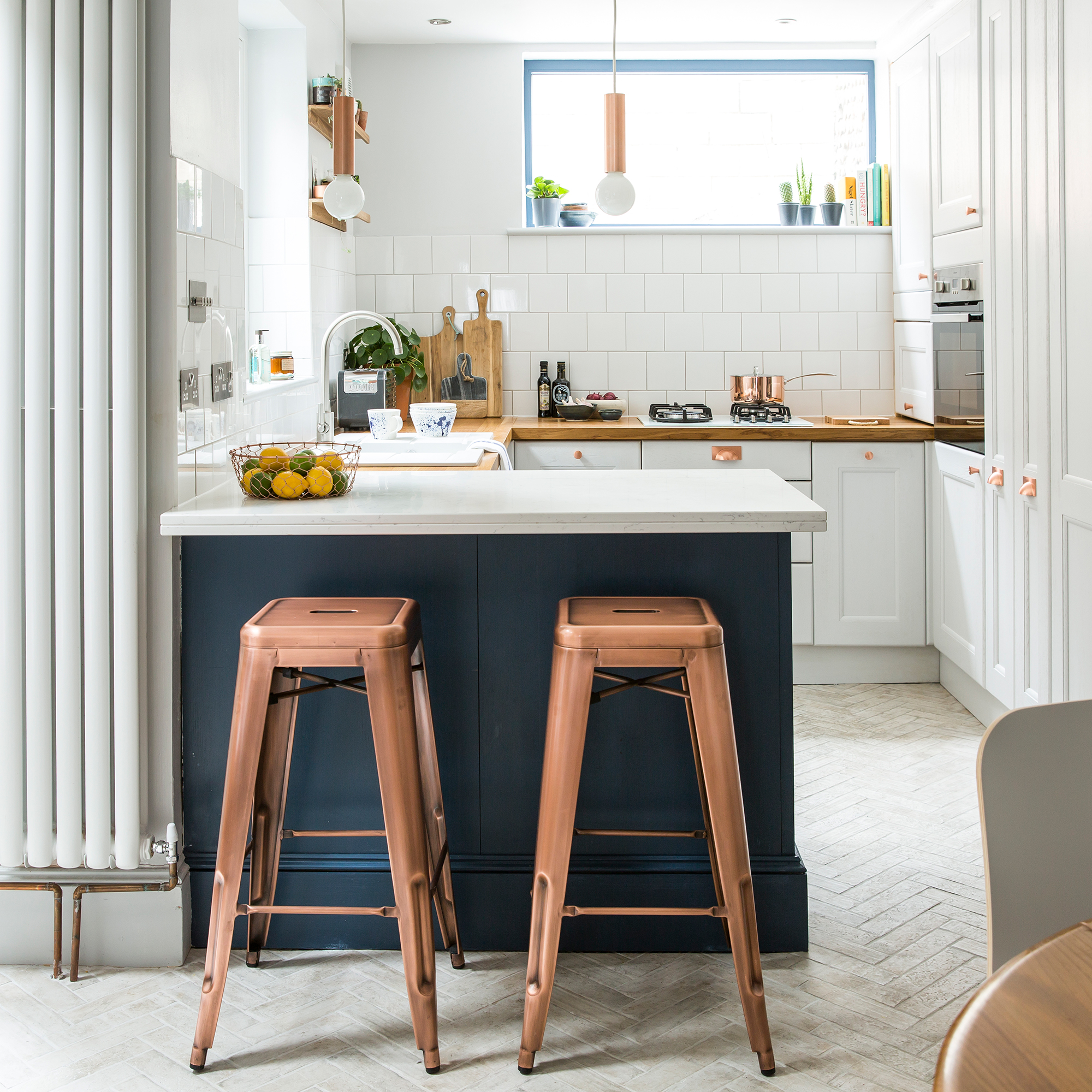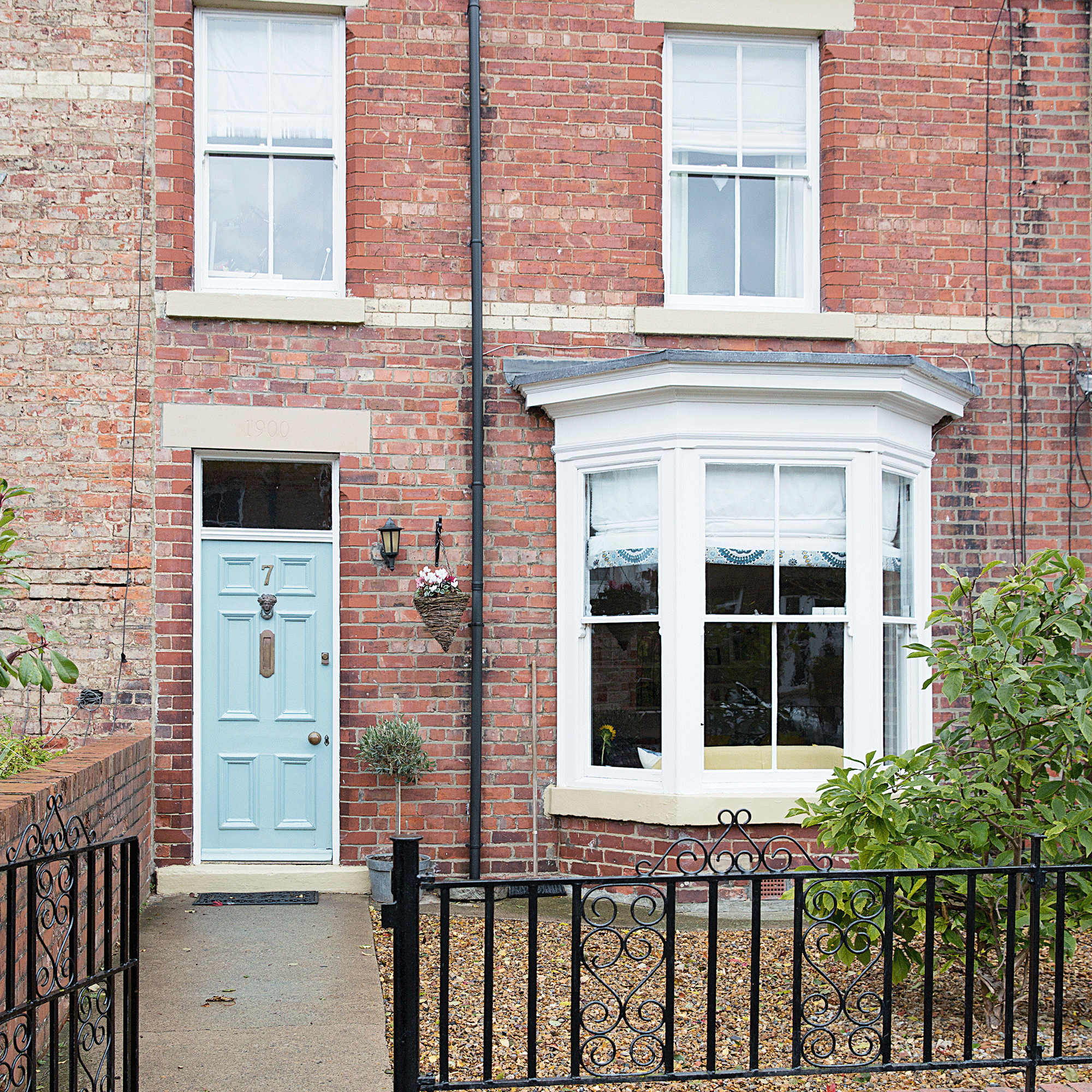4 reasons to be positive about the property market in 2023
After a year of bad news there are many reasons to be positive about the property market in 2023

It’s been tough year all round, not least for homeowners and would-be buyers. In the space of 12 months, the base rate has gone from 0.25% in January to 3.5% by the end of 2022 and inflation peaked at more than 11% before falling back slightly.
Lenders pulled hundreds of mortgage deals from the market when their own borrowing costs shot up following the announcements made in the September fiscal statement that spooked financial markets.
A spike in mortgage rates above 6% ensued. Stunned house hunters withdrew from the market in their droves, unable or unwilling to proceed with their property purchase.

House price falls have been forecast from anywhere between -1% to -10% next year and further a slowdown in buying and selling is anticipated as households wait and see how the market shapes up.
Against this backdrop, you would be forgiven for thinking there aren’t many reasons to feel positive about the property market in 2023, but you’d be wrong, says Dawn Carritt, consultant to estate agent Jackson-Stops.
'The market next year will be slow, but I think it will be slow and solid,' she says. 'Buyers and sellers are going to be cautious but there will be opportunities out there.'
1. Mortgage rates have started to stabilise
It’s been a rollercoaster ride for anyone who has needed a mortgage from September onwards. The average five-year fixed rate was 4.75% on 23 September, the day of the mini-budget, according to data experts Moneyfacts. Rates rose almost every day thereafter until reaching a peak of 6.51% almost a month later. The good news is they have since fallen and are changing less frequently.
Sign up to our newsletter for style inspiration, real homes, project and garden advice and shopping know-how
Aaron Strutt of mortgage broker Trinity Financial says: 'No-one expects rates to go back to the levels we have been used to but there are now some best buy mortgage rates at around 4.5% for those with a deposit of between 25% and 40%.
'What happens next is a tricky one to forecast because further base rate rises are on the cards. But mortgage lenders have probably already factored these future rises into their current mortgage deals. There is a likelihood rates may fall a little further next year.'
Strutt says first-time buyers determined to get on the property ladder next year shouldn’t just look to high street banks and building societies. New lenders such as Generation Home offer mortgages that allow family members to help out. Meanwhile, little-known lender Mpowered Mortgages is offering competitive rates.

2. House price falls are not expected to mirror previous downturns
Homeowners will be relieved to hear that experts are anticipating a house price correction in 2023 rather than a house price collapse.
In previous housing market downturns, such as during the late 1980s and 2008, house price inflation had been building for a prolonged period before the market crashed.
But tighter restrictions on how much banks can lend to borrowers, put in place since the financial crisis of 2007/08, has stopped house prices from racing away and made sure borrowers can cope with interest rate hikes.
This time around, the record house price rises we’ve seen have built up over a much shorter period.
Although the average house price rose by £40,000 between March 2020 and September 2022, according to Zoopla, low interest rates meant homes remained affordable in most parts of the UK.
Zoopla forecasts that if average mortgage rates return to around 4% by the end of 2023, house prices will only need to fall by around 5% to make them more affordable.
Other experts predict that house prices could fall by up to 10% by the end of 2023. But even then, the fall would only be eating into equity built up during the pandemic.

Sebastian Verity, head of research for estate agent Chestertons, says: 'We expect a slowdown in buying and selling in 2023 as households wait and see how the year pans out.
'When the housing market slows, prices tend to stay firm. That’s because you’re not getting a flood of homes listed for sale at knockdown prices by owners desperate to sell or by banks that have repossessed homes. That’s why we forecast a decline of just 1% in prices next year.'
3. There are more opportunities for bold first-time buyers
First-time buyers who aspire to get on the ladder next year have a real opportunity as house prices cool. (Our guide to the best first-time buyer mortgages will help you see what kind of rates you could get).
Carritt says: 'In 2023, it won’t be such a mad scramble for first-time buyers, or second steppers for that matter, to snap up homes because it will be a much quieter and calmer market.
'Brokers are working hard to get would-be homeowners the mortgages they need and the government is urging banks to be more competitive to support homebuying.
'Although borrowing may feel more difficult, those who can get on the ladder next year as prices dip will feel the benefit when prices increase again fairly quickly in 2024/25. The extra equity they have built up over this time will be a real plus factor when they come to buy their next home.'
The downside of a quieter market is that there will be fewer homes listed for sale to choose from.
Verity says keen buyers should not be deterred by the lack of choice. Estate agents are in touch with sellers who may have decided to withdraw their home from the market temporarily. If a buyer registers their interest and has a suitable budget, the estate agent may be able to tempt them back to the market.

4. Not everyone is impacted by rising mortgage rates
It may seem like doom and gloom in the housing market as buyers put their plans on hold. But not all households are affected by the recent shift in mortgage rates.
According to Zoopla, half of all sales are paid for by cash or using a small mortgage of less than 50% of the value of the property. Buyers in this position will feel less of a squeeze on their buying power than households who need to rely on larger loan and therefore are more sensitive to rate rises.
This is good news for homeowners who need to sell up and move. However, movers must be open to negotiations over their asking price and be prepared to compromise on where they move to if higher mortgage rates have lowered their spending power.
Samantha Partington is a personal finance journalist specialising in mortgages and the property market.
Over the past nine years, Samantha has worked for the Daily Mail, trade website Mortgage Solutions and business title Property Week. She regularly writes for national money pages including Money Mail and Sun Money and supports prop tech firms with content writing.